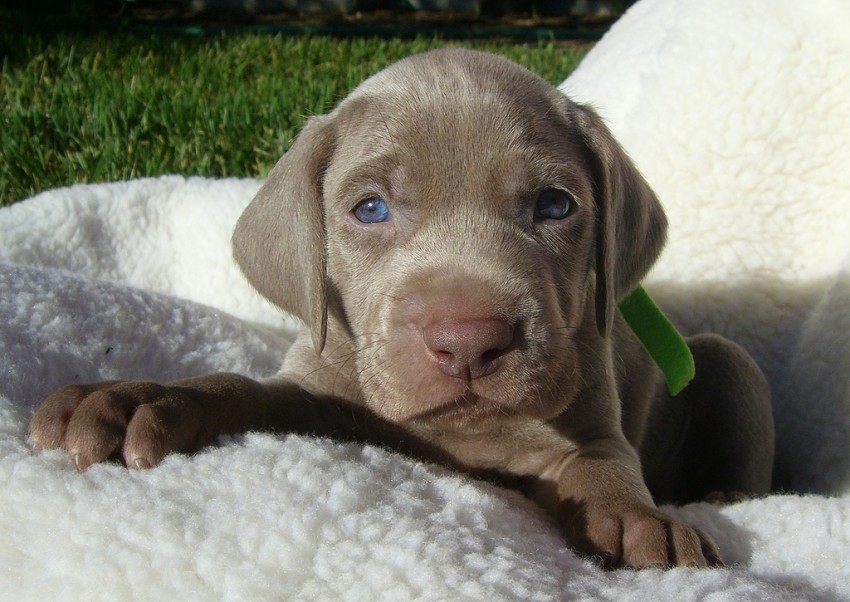
Table of Contents
Understanding Why Do Dogs Burrow: Instincts and Comfort
Dogs have a variety of behaviors that might seem curious to us, but each has its roots in instinct, survival, and comfort. One such behavior is burrowing, where a dog digs or nestles into blankets, laundry, or even the dirt. This action is more than just a cute quirk; it’s a deeply ingrained instinct that serves multiple purposes for a dog’s well-being and comfort.
According to some pet experts, dogs are “denning” animals: It is a dog’s instinct to sleep or relax in a small and protected space to feel warm and safe. This explains why many dogs actually prefer their crates when left alone at home or to sleep in at night. Give your dog a comfy, sturdy bed with a couple of towels or small blankets to burrow in, and they will do what comes naturally.
The Instinctual Drive
Burrowing is primarily an instinctual behavior that dates back to the ancestral lineage of dogs. Wild canines, such as wolves and foxes, dig into the ground to create dens. These dens serve as a safe refuge, a place to sleep, give birth, and raise their young away from the threats of predators and harsh weather conditions. Domestic dogs have inherited this behavior, and it manifests as burrowing into bedding or other soft materials.
Seeking Safety and Security
For many dogs, burrowing is a way to find security. In a domestic setting, even the most pampered pooch can experience moments of anxiety or uncertainty. Burrowing into a cozy space can provide a sense of safety and personal space. It mimics the enclosed nature of a den, which to a dog, feels inherently protective. This is particularly evident in times of stress, such as during thunderstorms, fireworks, or in unfamiliar environments.
Comfort and Temperature Control
Comfort is another significant factor in why dogs burrow. Nestling into blankets or a pile of clothes can provide warmth and comfort, much like it did in their ancestral dens. Additionally, burrowing can also help them to cool down. In natural settings, the earth below the surface is cooler, so burrowing can provide a refuge from the heat. At home, dogs might burrow into bedding to find a cooler spot if they feel overheated.
Breed-Specific Tendencies
Some dog breeds are more prone to burrowing than others. Breeds such as Dachshunds, Terriers, and Huskies have a stronger digging instinct because of their historical roles. Dachshunds were bred to hunt burrow-dwelling animals like badgers, so digging is a natural skill. Terriers, used for hunting and killing vermin, also share this propensity for digging. For such breeds, burrowing is not only a comfort or security-seeking behavior but also a part of their genetic makeup.
Behavioral and Health Considerations
While burrowing is typically a harmless behavior, it can sometimes indicate underlying issues. If a dog seems to be burrowing excessively or shows signs of anxiety when they cannot burrow, it might be a sign of stress or anxiety. In such cases, providing an appropriate outlet for this behavior is essential, like offering designated digging toys or a sandbox.
Anxiety
If your dog’s burrowing seems obsessive, try to observe if anxiety is triggering it and find ways to ease the anxiety causing the activity.
Is your pet being left alone for long stretches of time? If so, hire a dog walker or give your dog more exercise and things to occupy them when nothing else is going on.
Take your pet to the veterinarian for a checkup to make sure they’re in top health. You can also find certified dog trainers or behaviorists.
Additionally, it’s important for pet owners to ensure that the places where their dogs choose to burrow are safe and free from hazards like loose wires or toxic substances.
Check out this video of a little Dachshund digging his way to a comfortable sleeping position:
My Dog’s Digging Ritual
Every night when I turn out the light to go to sleep, I hear the rustling sound of Lenny, my terrier-mix rescue dog, burrowing in the blankets.
He was with me for a few months before he started tunneling under the covers, but now it’s a nightly ritual.
He digs and turns and noses under his bed for a couple of minutes before circling around a few times and finally settling into his curlicue sleeping position.
Lenny seems to enjoy his nightly ritual, and once he finds the right spot and has his bed the way he likes it, he sleeps happily through the night right next to my own bed.



